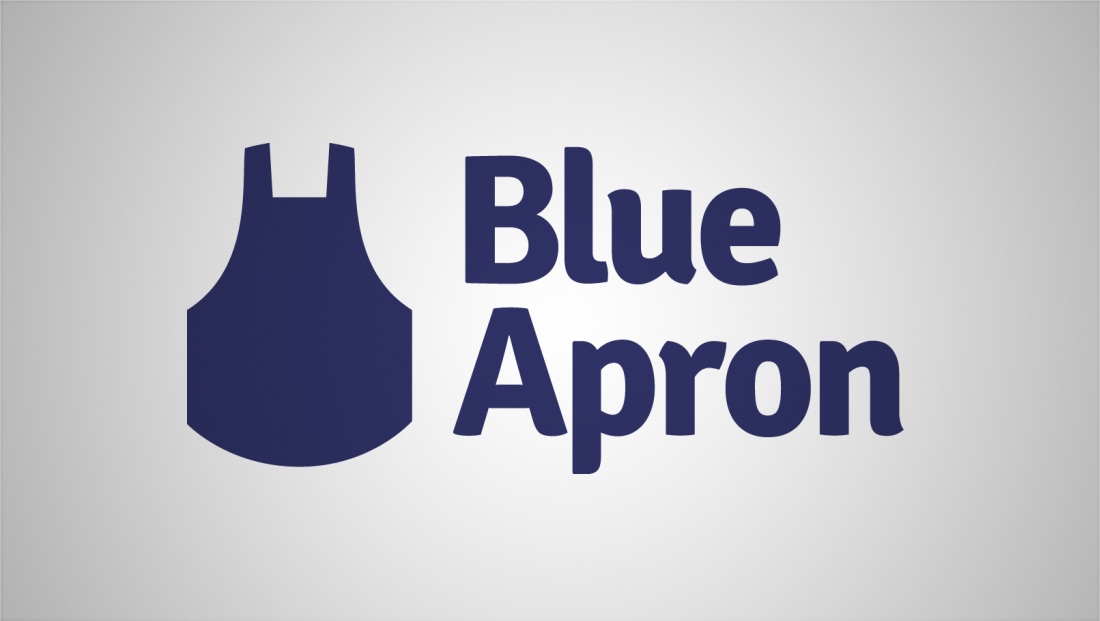Blue Apron says it’s gone carbon neutral thanks to offset credits
By MixDex Article may include affiliate links

Meal kit company Blue Apron has gone carbon neutral.
The company announced that as of March 31, 2022, the company has begun purchasing carbon offsets covering its facility operations and power usage and sources plus the emissions from the food it procures as well as shipping supplies and services.
Blue Apron says it used an unnamed consultant to estimate that it used 124,000 metric tons of carbon dioxide equivalent in 2021 and said it purchased carbon credits to offset all of those.
The cost of carbon offsets can vary greatly due to a variety of factors but average about $3 to $6 a metric ton, according to an Ecosystem Marketplace report. Blue Apron did not disclose what it paid or where it purchased its credits from in its announcement.
After meeting its commitment of becoming carbon neutral by the end of the first quarter of 2022, Blue Apron will now start examining ways to reduce emissions with the goal of having to purchase fewer credits in the future because it generates less to begin with.
Part of that includes tools to centralize and compile data from across its operations in order to better track its carbon footprint.
Blue Apron has also made a commitment to switch all packaging to being entirely recyclable, reusable or compostable by 2025, addressing a frequent criticism of meal kits.
While meal kits can cut down on food waste because they send the exact or approximate amounts needed for each recipe, they also tend to generate what many see as extra waste in form of plastic film, containers, insulation and ice packs.
Plastic film and insulation materials can be especially challenging because they are frequently made from materials that cannot be recycled easily or that require store drop off and much of the plastic bags and film consumers return to stores ends up in landfills due to lack of demand for the used material and economics of recycling it.

